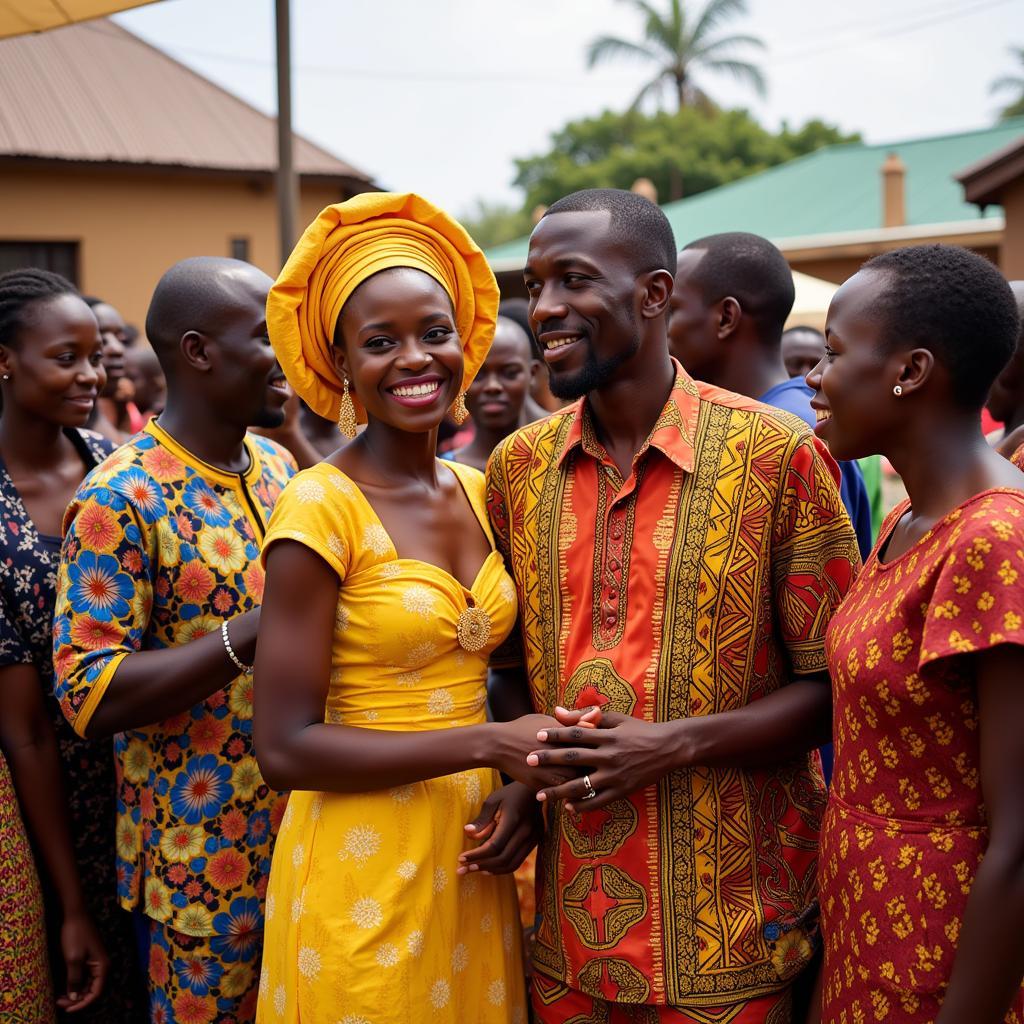African Decolonization Writers: Voices of Resistance and Rebirth
The struggle for independence in Africa was not only a political fight but a cultural and intellectual one. African writers played a crucial role in decolonization, using their words to challenge colonial narratives, reclaim their identities, and shape the future of their nations. Their powerful voices, often infused with pain, hope, and resilience, continue to resonate today, reminding us of the enduring legacy of African decolonization.
The Rise of African Literature
The emergence of African literature in the 20th century was a direct response to the oppressive conditions of colonial rule. European colonial powers sought to erase African culture and history, replacing them with Western narratives and values. In this environment, writers became agents of resistance, using literature as a platform to reclaim their voices and narratives.
Challenging Colonial Narratives
African writers challenged colonial narratives by exposing the brutality and injustice of colonial rule. Their works painted a stark picture of the human cost of colonialism, showing how it stripped Africans of their dignity, rights, and self-determination. Many of these writers, like Chinua Achebe in his seminal novel “Things Fall Apart,” used their works to highlight the devastating impact of colonialism on African societies.
Reclaiming African Identity
Another key theme in African decolonization literature was the reclaiming of African identity. Writers sought to challenge Western stereotypes and misconceptions about Africa, celebrating its rich cultural heritage and diverse traditions. They explored the complexities of African identities, highlighting the diversity of African cultures and experiences.
Shaping the Future of Africa
Decolonization writers were not only concerned with the past but also with the future of Africa. Their works explored themes of nation-building, social change, and the search for a new African identity in a post-colonial world. They challenged the status quo, urging their societies to embrace progress and strive for a better future.
Key Figures in African Decolonization Literature
Many talented writers contributed to the literary landscape of African decolonization. Some of the most prominent figures include:
-
Chinua Achebe (Nigeria): Arguably the most influential figure in African literature, Achebe is known for his groundbreaking novel “Things Fall Apart,” which deconstructed colonial narratives and challenged Western perceptions of Africa. Achebe’s work helped to define the postcolonial literary movement and inspired generations of African writers.
-
Wole Soyinka (Nigeria): A Nobel laureate, Soyinka’s work explores themes of colonialism, identity, and social justice. He is known for his powerful plays, novels, and essays that challenge political and social injustices. Soyinka’s work is considered a cornerstone of African decolonization literature.
-
Ngugi wa Thiong’o (Kenya): Ngugi’s writing has been at the forefront of the decolonization movement in Africa. His work has explored themes of cultural resistance, linguistic imperialism, and the role of literature in shaping African identities. Ngugi has also been a vocal advocate for the use of African languages in literature and education.
-
Ayi Kwei Armah (Ghana): Armah’s work is known for its unflinching critique of colonialism and neo-colonialism. His novels, such as “The Beautyful Ones Are Not Yet Born,” provide a nuanced and thought-provoking examination of the challenges faced by post-colonial Africa.
-
Léopold Sédar Senghor (Senegal): A poet and politician, Senghor was a key figure in the Négritude movement, which sought to reclaim African culture and identity. His work celebrated African art, music, and literature, and played a significant role in shaping African consciousness.
The Enduring Legacy of African Decolonization Writers
The voices of African Decolonization Writers continue to resonate today. Their works continue to inspire and challenge readers, providing valuable insights into the complexities of the decolonization process, the ongoing struggle for justice and equality in Africa, and the search for a new African identity in a globalized world.
FAQs
What are some common themes in African decolonization literature?
Common themes include:
- The experience of colonialism
- The struggle for independence
- The reclaiming of African identity
- The search for a new African identity in a post-colonial world
- The challenges of nation-building and social change
Who are some of the most influential African decolonization writers?
Some of the most influential include Chinua Achebe, Wole Soyinka, Ngugi wa Thiong’o, Ayi Kwei Armah, and Léopold Sédar Senghor.
Why is African decolonization literature still relevant today?
These works offer valuable insights into the legacy of colonialism, the challenges faced by post-colonial societies, and the ongoing struggle for justice and equality in Africa.
Where can I find more information about African decolonization writers?
You can find more information online, in libraries, and in academic journals.
What are some ways to engage with African decolonization literature?
You can read these works, attend literary events, and support organizations that promote African literature.
 African Decolonization Writers: Legacy and Impact
African Decolonization Writers: Legacy and Impact
The voices of African decolonization writers continue to inspire and challenge readers, reminding us of the ongoing journey towards a more just and equitable future for Africa. Their words serve as a powerful reminder of the importance of fighting for freedom, reclaiming narratives, and shaping a future that truly reflects the aspirations of the African people.

